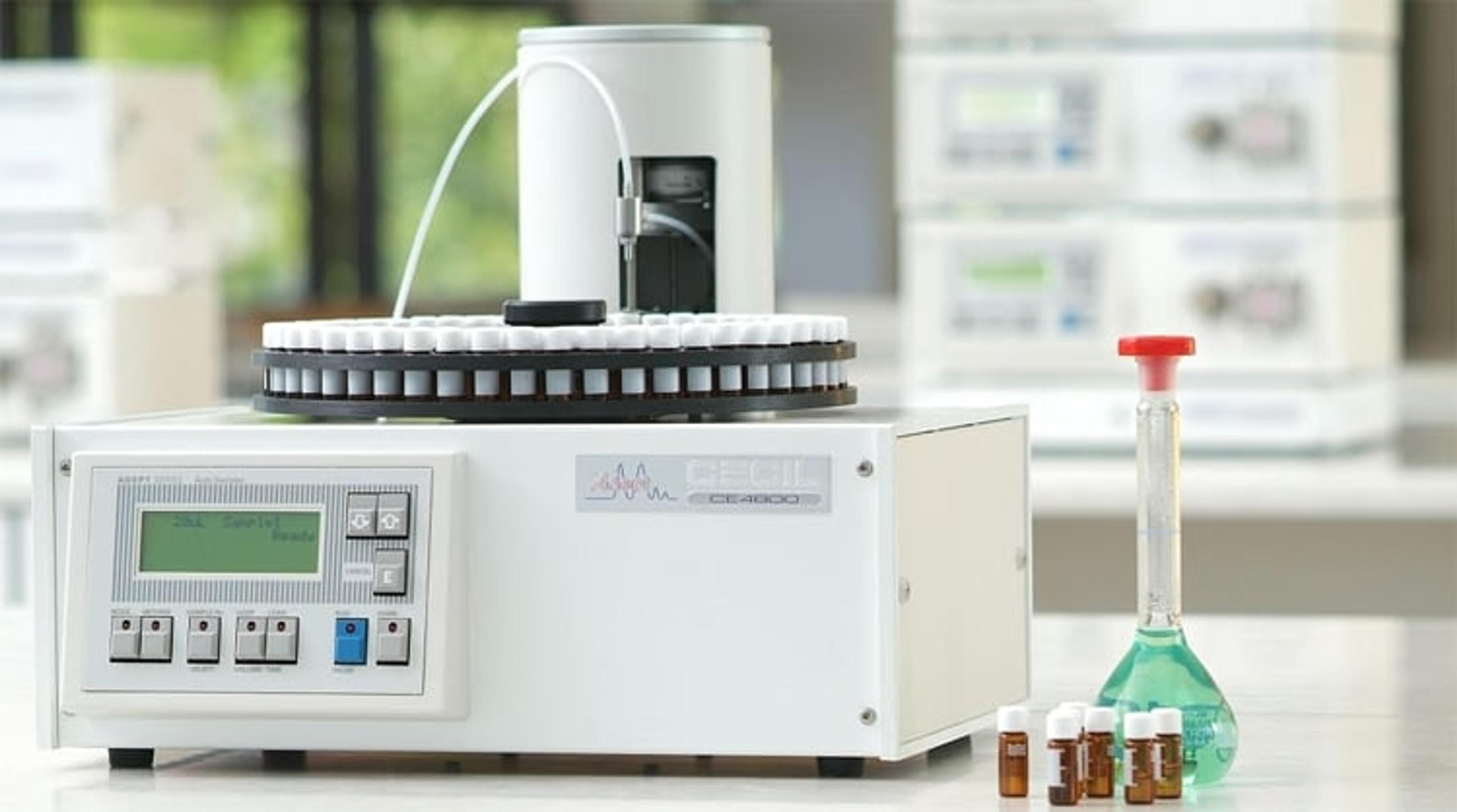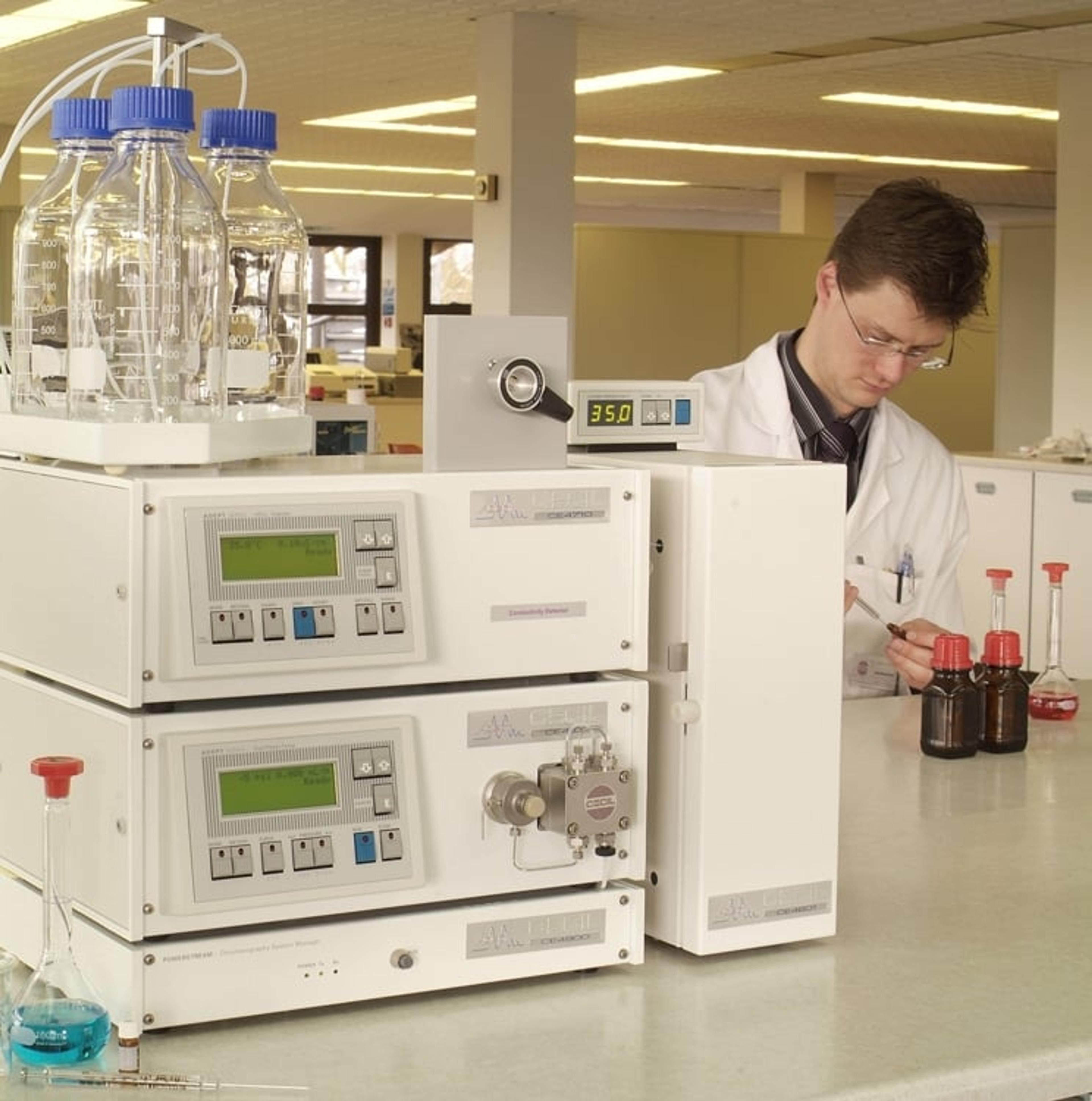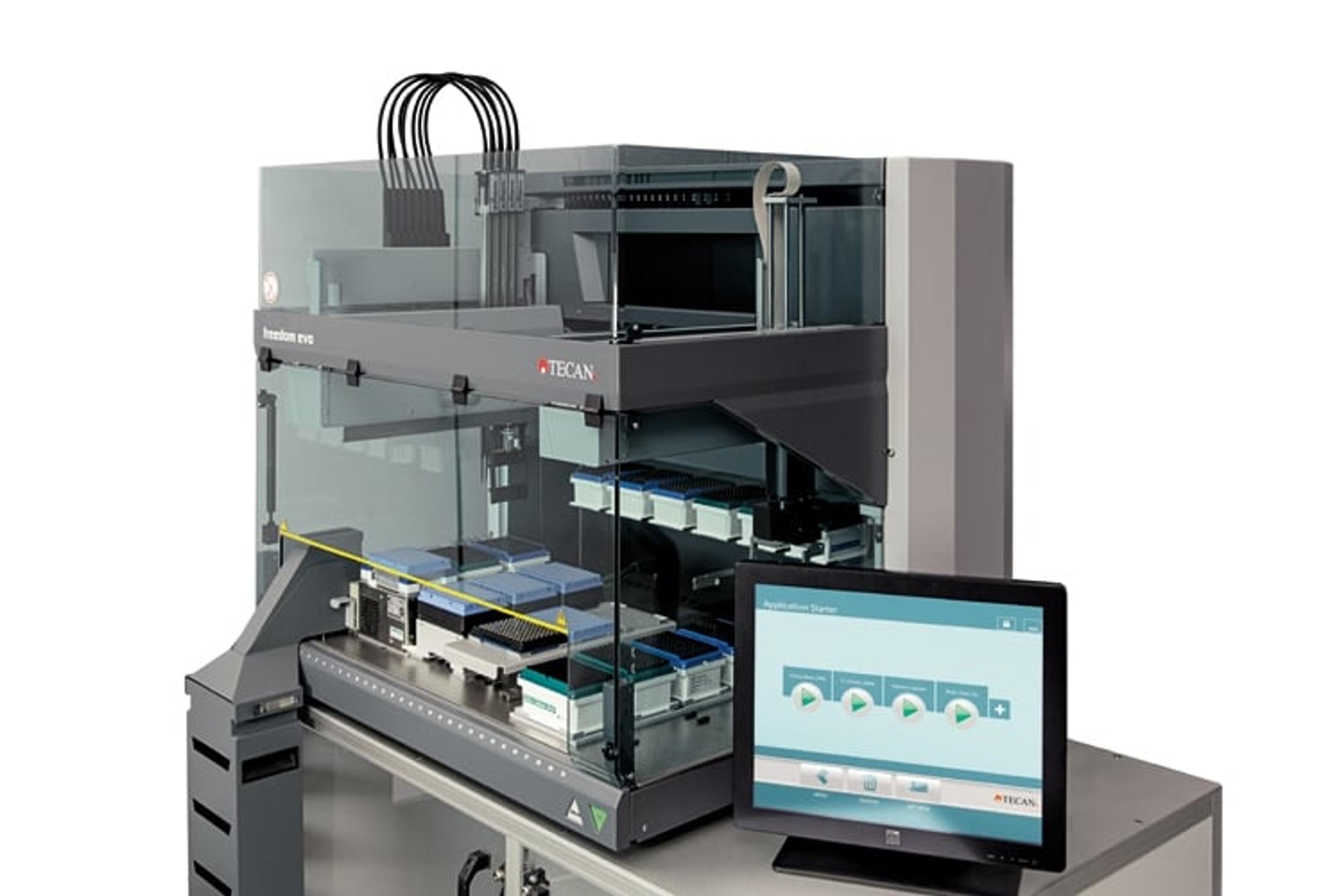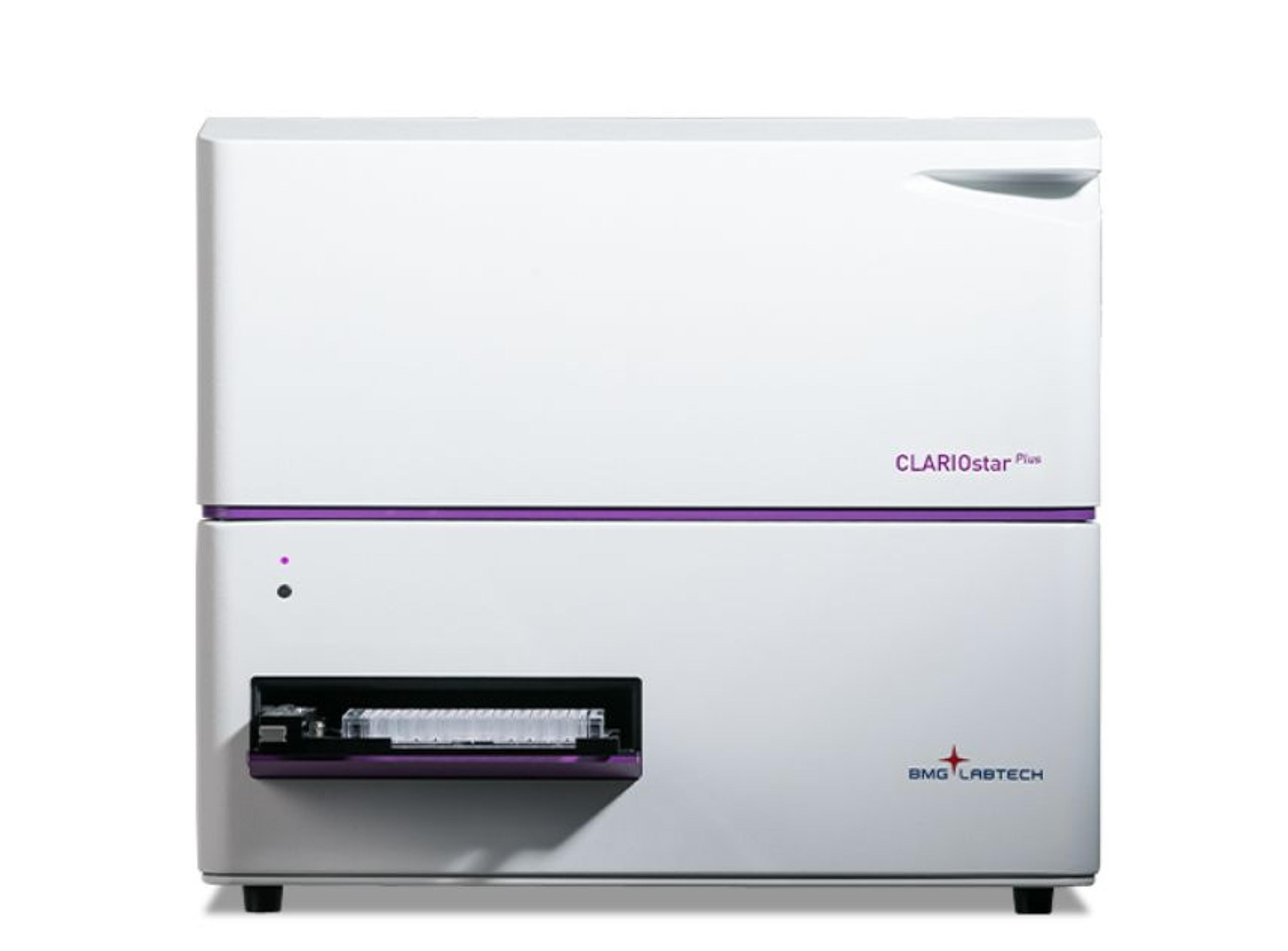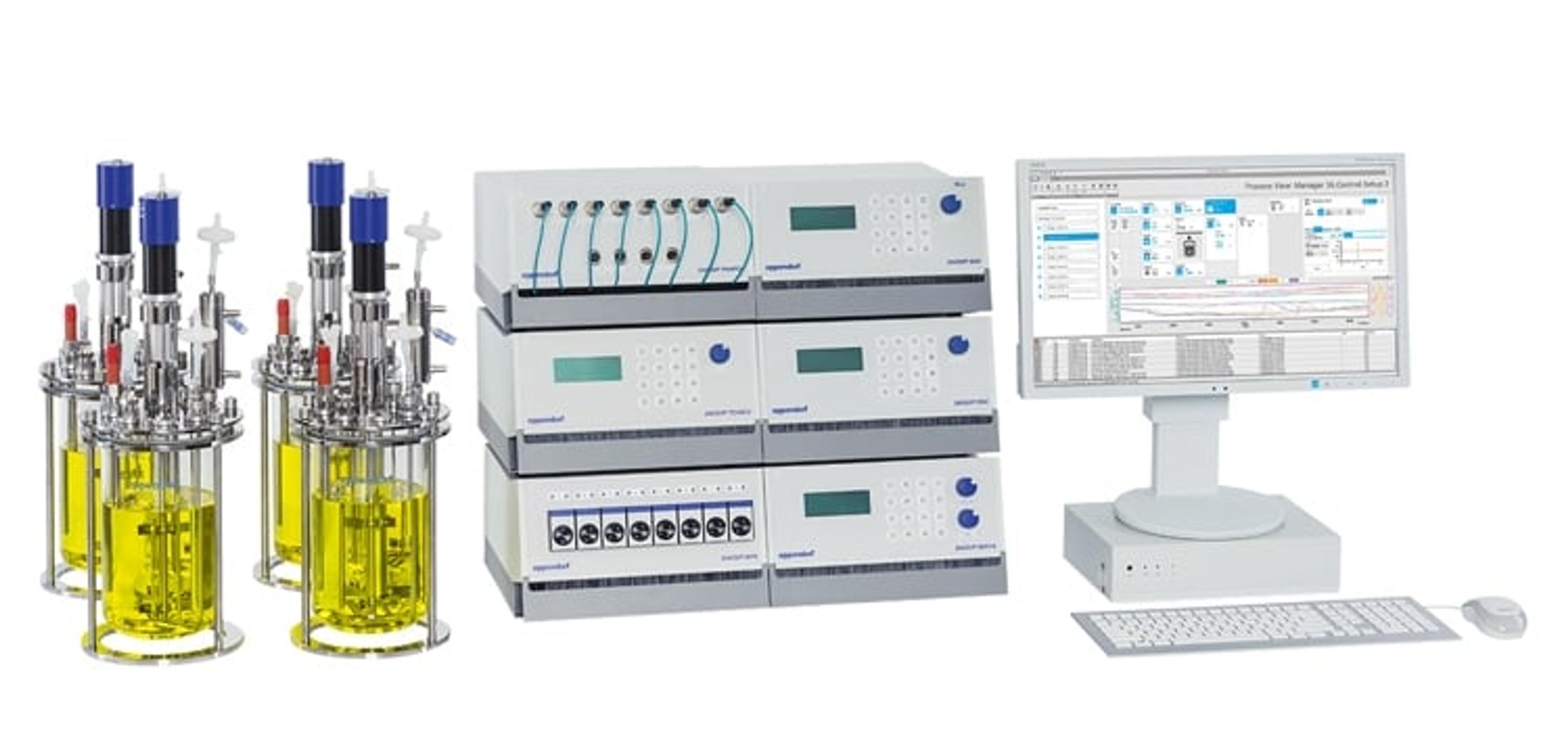Discover the Latest News in Biofuel Research
Read the latest articles and download the latest methods
2 Nov 2015
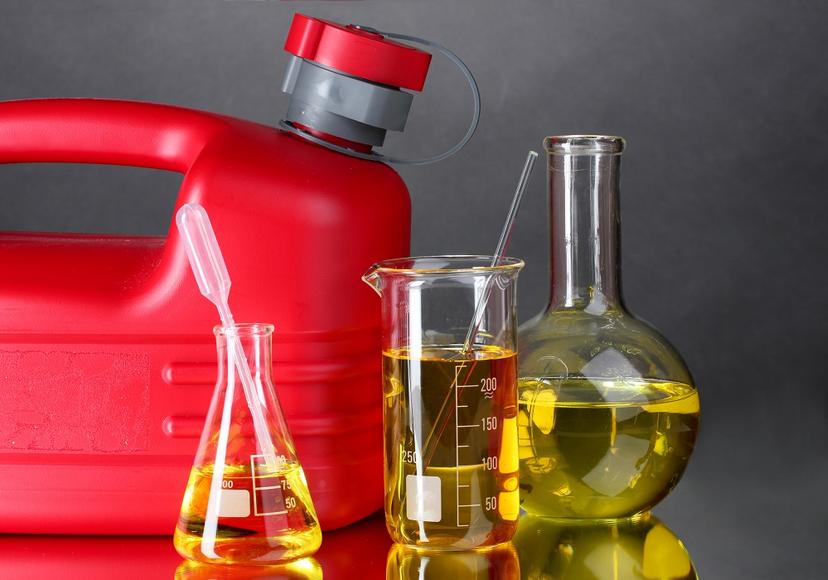
Read the latest articles and download the latest methods
Find out more about innovative applications of microbiology in biofuel production, optimization of process monitoring and biodiesel quality control.
1. Article: Use of Microorganisms to Develop an Alternative Source for Plant Oil as Bio Fuel
Japan is often said to be a country with few natural resources. Yet when it comes to microorganisms, Japan is one of the richest countries in the world. A high amount and the variety of microbial resources is one of the reasons why Japan is numbered among the most advanced countries in the field of applied microbiology. Discover about how BMG LABTECH is supporting biofuel research at Kyoto University, Japan. Read more.
2. Application Note: Process Monitoring and Analysis in Biofuel Workflows
Biofuel is defined as a solid, liquid, or gas fuel derived from biological material and can be separated into two categories. Bioalcohol comes from crops such as corn, sugar cane and wheat, and quantifying the diverse mixture of sugars in cellulose can present an analytical challenge. Biodiesel is produced from plants that contain high amounts of oils, such as soybean and palm, and the need to quantify fatty acid methyl esters (FAMEs) and trace contaminants is key to ensure final product quality. This application notebook provides an overview for a range of sample preparation and analytical solutions available from Thermo Fisher. Download method.
3. Application Note: Cations in Biodiesel
In this application note, learn how to determine the levels of residual cations in biodiesel, with Cecil Instruments’ IonQuest Ion Chromatography. Extra precision can be added with the use of an AutoQuest autosampler. Download method.
4. Video: Anton Paar's DMA 4500 M Density Meter Performs Fuel Mass-to-Volume Conversion
The DMA 4500 ME density measuring module determines a liquid’s density or concentration. The measurement is based on the proven oscillating U-tube principle, ensuring highly accurate density values. In this video, the DMA 4500 M density meter precisely measures density according to ASTM D4052 for convenient mass-to-volume conversion. Watch video.
5. Application Note: Automated Bioreactor Sampling – Process Trigger Sampling for Enhancing Microbial Strain Characterization
This application note describes the integration of a Flownamics Seg-Flow® 4800 Automated On-line Sampling System with the Eppendorf DASGIP® Parallel Bioreactor. The automated process trigger sampling technology enables rapid characterization of process events, parameters and stress responses that impact yeast strain gene regulation. Download method.
6. Application Note: Fully Integrated Plating and Colony Picking for Synthetic Biology Workflows
This application note establishes a reliable, fully automated cloning workflow on a Freedom EVO® workstation, performing fully automated multi-fragment DNA assembly, customized plating in ANSI/SLAS-format plates, colony picking and PCR set-up, allowing greatly increased throughput. Using the mechanisms of cell growth and cell division, natural networks are being re-engineered to build entirely artificial networks that can perform novel biological functions. Download method.
7. Application Note: Customized Analysis for the Biofuels Industry
Interest in biofuels has greatly increased in recent years. In addition to a neutral CO2 balance, biogenic fuels are generally characterized by their very good microbiological degradability, which is why they are suitable for use in ecologically sensitive areas. Furthermore, alternative fuels can usually be produced locally and thereby reduce dependence on imported raw materials. Learn more about water content analysis of biofuels in this application note. Download method.
8. Application Note: Biofuels - Energy Supply of the Future?
Everyone is talking about biofuels, from biodiesel, plant oil, ethanol and biomethane to the synthetic biomass- to- liquid (BtL)- fuels. They are at present the only renewable alternative in the mobility sector and already make up 6.1% of the fuel consumption in Germany today. This application note provides explains how particle size of the biomass can affect the biocatalysis process. Download method.
Have you used any of the products above? Is there a product you couldn't do without? Share your experiences with our worldwide community and write a review today.

